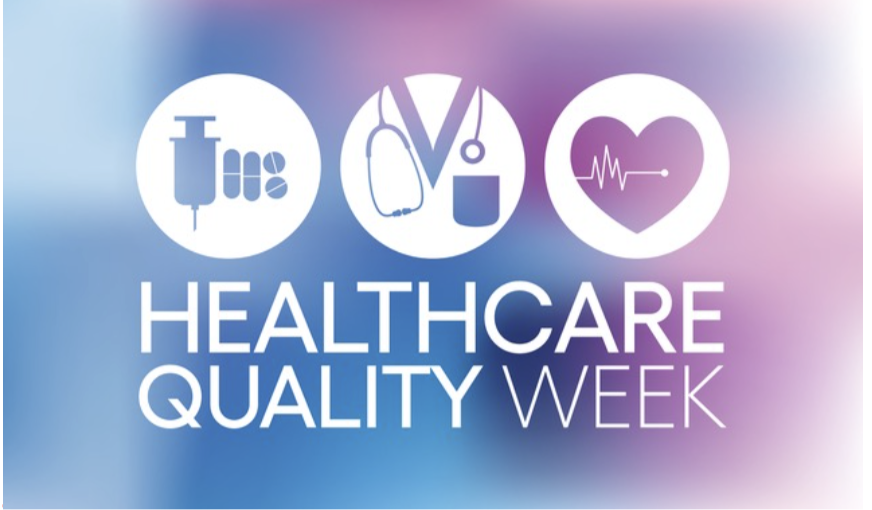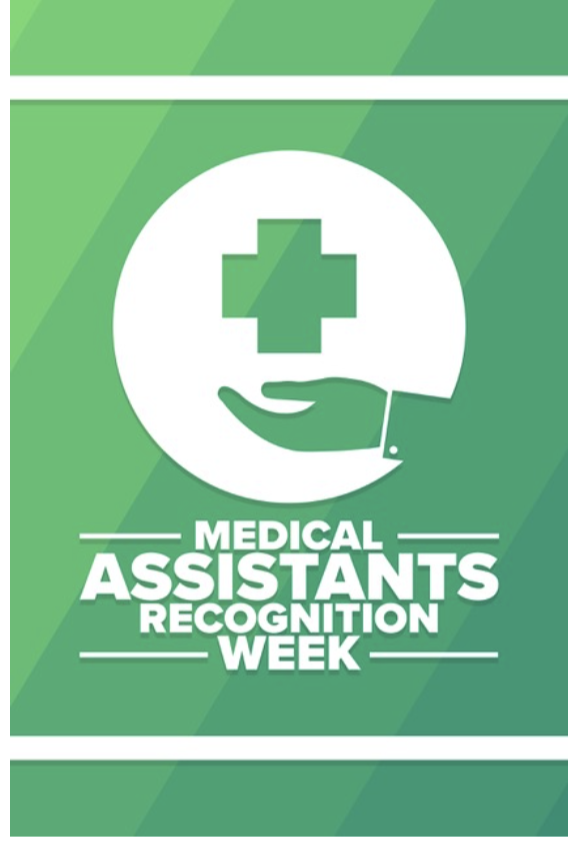Infections can have profound affects when experienced during pregnancy. We are going to share with you what screening tests you should expect from your obstetrical care provider, when you should have these tests, and questions you should ask. Being informed is your best strategy to staying healthy and it gives your baby the best chance to enter our world healthy.
Why screen?
Because adverse pregnancy outcomes can be avoided with routine screening for certain infectious diseases.
This blog series will provide you with an overview of the recommended screening tests for infectious diseases you should expect during your prenatal care. Knowledge of these routine screening tests--when the test is recommended during pregnancy, what specific testing method you should expect, and accurate interpretation of test results-- is part of the basic understanding of your routine prenatal care.
List of Recommended Routine Screenings for Infectious Diseases During Pregnancy
- Urinalysis/Urine Culture—UTI (Blog 1)
- Hepatitis B & C (Blog 2)
- Human Immunodeficiency Virus--HIV (Blog 3)
- Rubella and Varicella--Measles and Chicken Pox (Blog 4)
- Sexually Transmitted Infections (Blog 5)
- Group B Streptococcus--GBS (Blog 6)
- Tuberculosis--TB (Blog 7)
Understanding Group B Strep and your Pregnancy
Group B Streptococcus (GBS) is not an STI. It is a normal bacterium that can be found in the vagina and rectum in pregnant patients.
In the United States all pregnant moms are screened as part of a universal culture-based screening strategy. This approach was found to be superior to only using a risk-based screening protocols for the prevention of GBS in your newborn baby, known as “early-onset disease of the neonate.”¹
Accurate specimen collection, as well as transport and laboratory processing is essential to obtain a strong and robust specimen. Incorrect specimen collection by both healthcare providers and patients (if self-collecting) commonly leads to screening error where a positive GBS result could be missed.
When to Screen
Regardless of your planned mode of birth, between 36- and 38-weeks’ gestation, a culture for GBS is done.²
Testing Method and How it is Done
Your healthcare provider will take a culture specimen with a single swab—first from your lower vagina and then from your rectum without using a speculum. To optimize getting the best results from your culture, proper transport and laboratory processing of the swab is crucial.²
Screening is not indicated if you have had GBS in your current pregnancy or had a prior GBS-infected baby. If you are GBS positive, intravenous antibiotics should be administered during your labor and delivery to prevent infection being transferred to your baby.
Although GBS infection of the neonate is rare, serious morbidity and even death can occur if there is no antibiotic treatment during labor and delivery.
What They are Looking for in your Sample
A group B strep test checks for GBS bacteria. If the test shows that you have GBS, you can take antibiotics during labor to protect your baby from infection.
Some Questions to Ask your Healthcare Provider:
What is group B streptococcus?
Why is it important to get screened for GBS?
How would I get GBS?
Can I prevent GBS?
What if my test is positive?
What is the treatment for GBS if I am positive?
What is I am allergic to penicillin?
What if I am planning on having a c-section birth?
Will GBS go away after my pregnancy?
How will it affect my baby?
What is early-onset disease?
What is late-on-set disease?
To learn more about perinatal infections, visit labready.com, and reach out to our professionals at hello@labready.com
Next Blog in the Series: Pregnant? How to Keep You and Your Baby Healthy-Tuberculosis
About the Author
Shannon M. Clark, MD, MMS, FACOG is a double board-certified Obstetrician and Gynecologist, and Maternal-Fetal Medicine Specialist focusing on the care of women with maternal and/or fetal complications of pregnancy. After finishing medical school at the University of Louisville School of Medicine in Louisville, KY, Dr. Clark completed a residency in Obstetrics and Gynecology at Allegheny General Hospital in Pittsburgh, PA. During her first year of residency, she realized her passion for taking care of women with complicated, or high-risk, pregnancies and subsequently pursued a fellowship in Maternal-Fetal Medicine and a master’s degree in Medical Science at the University of Texas Medical Branch in Galveston, TX where she is a professor with roles as clinician, researcher, and educator.
References
References














